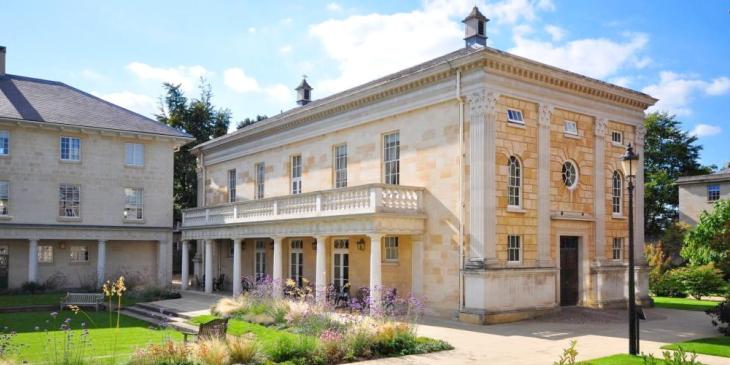Architecture and Spaces of Healing
10 March 2022
from 12:00-19:00 (GMT)
at the Howard Building, Downing College, University of Cambridge
Free to attend in person or online
A conference organised by the Ax:son Johnson Centre for the Study of Classical Architecture (CSCA) at the University of Cambridge and the Karolinska Institutet. This conference is made possible by the generosity of the Axel and Margaret Ax:son Johnson Foundation for Public Benefit.
Abstract
In the twenty-first century life expectancy is greater than ever before, thanks to exponential growth in our ability to care for the elderly and to resolve physical problems in younger people. We have medical science to account for this: non-invasive diagnostics, robotic key-hole surgery followed by rapid recuperation and advances in pharmacology are just some of the things that have underpinned these welcome developments. Many old hospitals have been rebuilt – and new ones laid out on the outskirts of towns and cities, surrounded by car parks and standing as technological blocks symbolic of scientific progress.
At the same time, and especially on the back of the biggest global health crisis in a century, mental health has become a matter of huge concern, affecting not just the human activity but also physical well-being of millions. For many, hospital cities are seen as dystopic worlds full of frightening technicality. In this context, how we deploy architecture and how we shape the interior and exterior environments of buildings that provide healthcare are questions of high currency. They are questions not just about how we manage health, going forward, but of how we manage public policy and improve society itself.
In 2021, it was announced in the UK that the Wolfson Economics Prize would be awarded for ideas towards planning and designing the hospital of the future, as a place that would radically improve patient experiences, clinical outcomes, staff wellbeing, and integration with wider health and social care. Over 250 entries for the competition were received from organisations in 15 different countries.
One of the five finalists was a team led by the architect of well-known classical buildings of the past three decades in the UK and USA, John Simpson. This has inspired the newly founded Ax:son Johnson Centre for the Study of Classical Architecture (CSCA) at the University of Cambridge to partner with the Karolinska Institutet, Sweden’s premier university for medical research, in organising the conference Architecture and Spaces of Healing. This event will bring historical perspectives on architecture associated with medical health and wellbeing together with contemporary research and thinking about architectural and environmental design for places of healthcare. The conference also includes a session on recent research concerning neuroscientific understandings of how buildings and their surroundings can affect physical wellbeing.

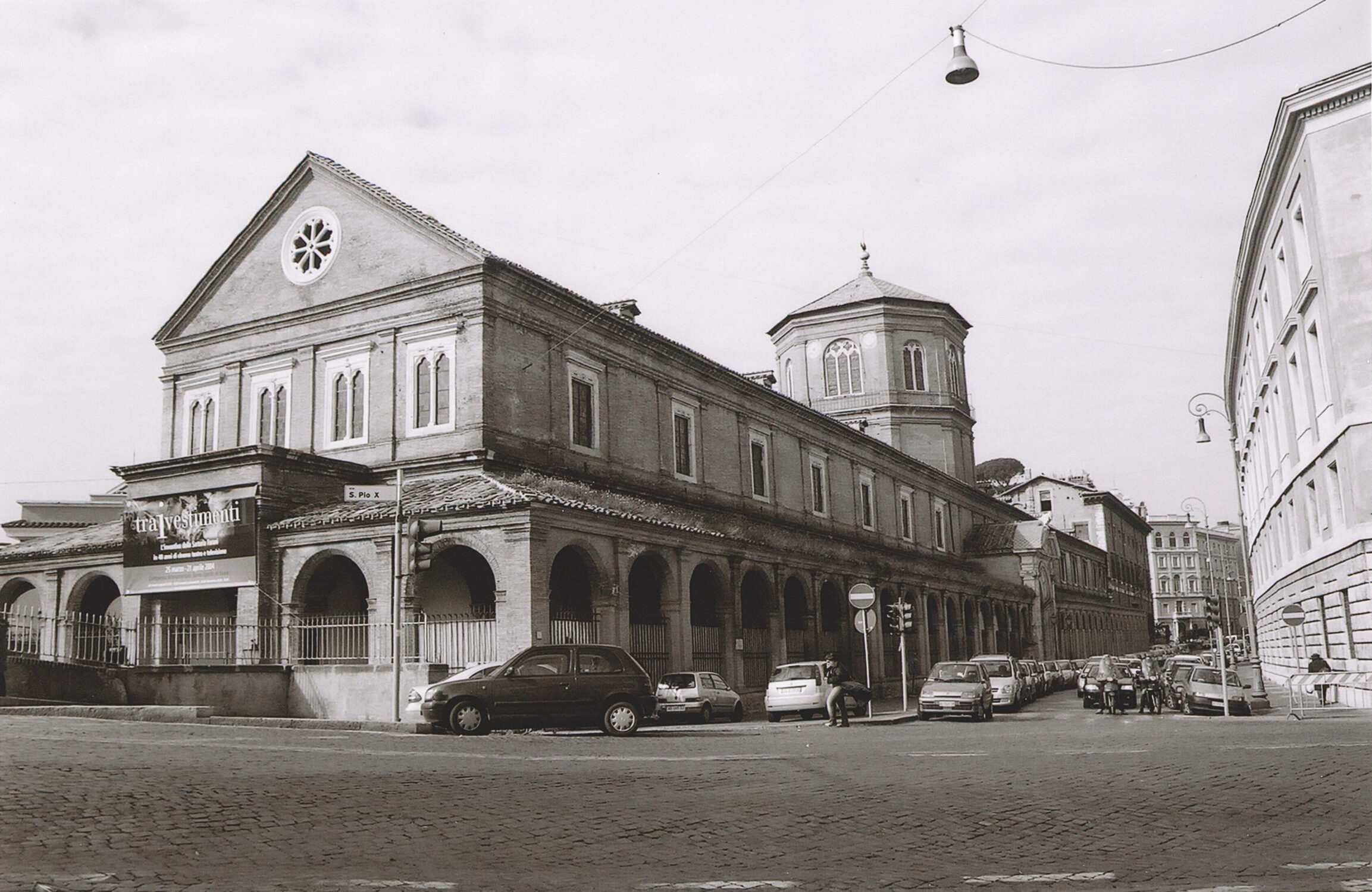

Programme
11:45 Registration in the Howard Building (ground floor)
12:00 Lunch in the Drawing Room of the Howard Building
13:00 Welcome and introduction in the Howard Assembly Room (Live streaming begins via zoom)
Frank Salmon, CSCA, St John’s College, University of Cambridge
Kerstin Brismar, Karolinska Institutet
13:15 Session 1: Historic Spaces of Healing
Chair: Elizabeth Deans, CSCA, Downing College, University of Cambridge
‘Caring for the Body and the Mind in Roman Baths’ by Konogan Beaufay, Downing College, University of Cambridge
‘Spaces of Healing in Early Renaissance Rome: The Hospital of Santo Spirito and the Urban Body’ by Johanna Heinrichs, University of Kentucky College of Design
‘Competition, Classicism, and Cosmopolitanism. The Architecture of Professional Medicine in Seventeenth-Century London’ by Matthew Walker, Queen Mary, University of London
Discussion
Coffee break
14:45 Session 2: Architecture and Neuroscience
Chair: Frida Brismar Pålsson, Paradis Produktion
‘How a Classic Pattern Aligns with Beauty to Improve Our Health and Well-Being’ by Donald Ruggles, Ruggles Mabe Studio
‘The Body Breathes Emotion: How Greek Architecture Moves Us’ by Mark Alan Hewitt, Academy of Neuroscience for Architecture
‘Symmetry in Architecture: Toward an Overdue Reassessment’ by Michael Mehaffy, Sustasis Foundation; Lennard Institute for Livable Cities
Discussion
Tea break
16:15 Session 3: Designing Spaces of Healing
Chair: Alan Short, University of Cambridge
‘Designing Healthcare Architecture, a Swedish perspective’ by Cristiana Caira, Chalmers University of Technology
‘Can residential architecture constitute a part of human EE and contribute to recovery, prevention and stress reduction? Ways forward’ by Hanna Morichetto, Chalmers University of Technology
‘A Hospital, a Building that Can Help Heal the Sick’ by John Simpson, John Simpson Architects, University of Cambridge
Comfort break
17:15 Panel discussion
‘How can our knowledge of historic architecture, neuroscience, and modern practices shape the design of spaces of healing for the future?’
Nicholas Boys Smith, Create Streets
Cleo Valentine, University of Cambridge
18:00 Drinks reception in the Drawing Room of the Howard Building
Built Beautiful: An Architecture & Neuroscience Love Story (Trailer 2020)
produced by Don Ruggles featuring John Simpson
Registration
This conference is free to attend in person (and online) thanks to the generosity of the Axel and Margaret Ax:son Johnson Foundation. For those attending in person, a light lunch will be served on the ground floor of the Howard Building at Downing College in the Drawing Room. Following lunch, presentations will begin promptly at 13:00. The day will conclude after three sessions with a panel discussion followed by a drinks reception
Registration to attend at Downing College:
Register to attend online:
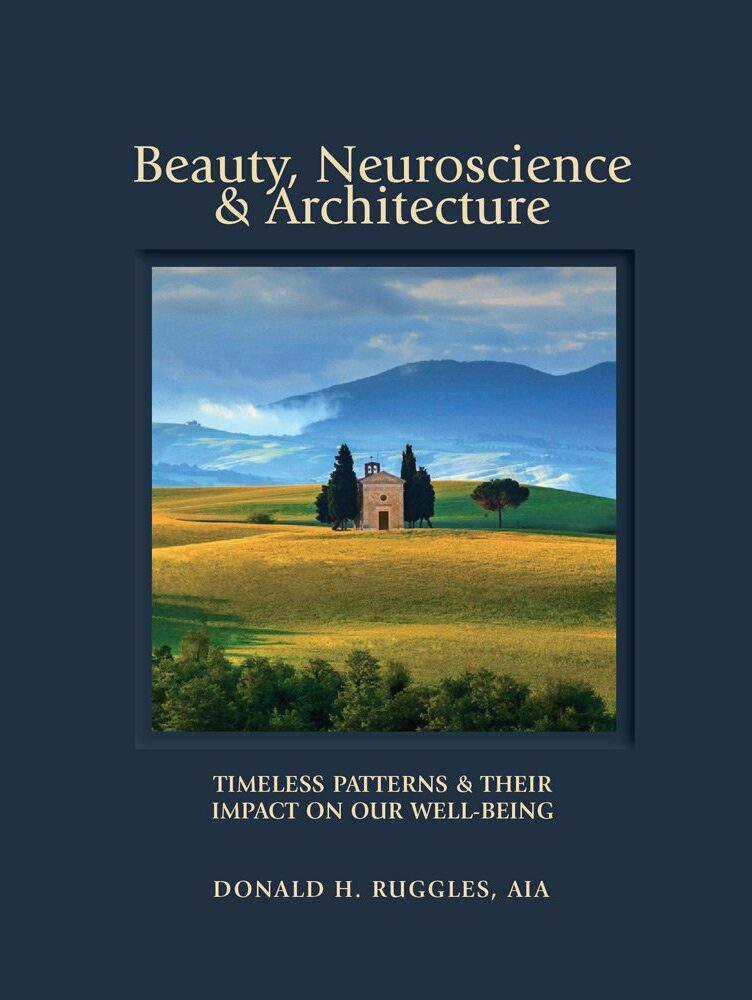
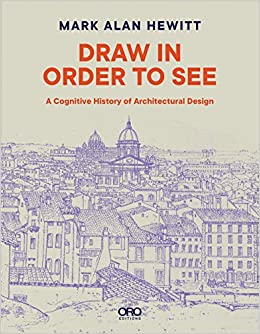
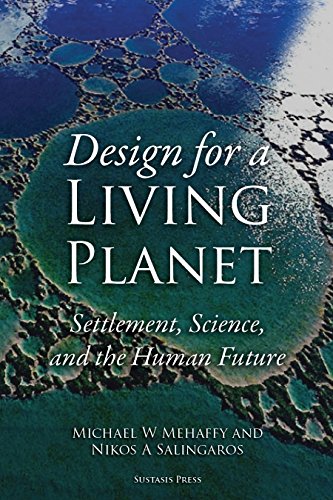
Practical details
Accommodation
If you are staying overnight in Cambridge and require hotel accommodation, we recommend the University Arms, located directly across Regent Street from Downing College as well as the Ibis Hotel at the Cambridge Rail Station, which is about a 15-minute walk to Downing College. Please kindly note that the conference is not holding rooms for attendees.
Parking
If you are planning on arriving in Cambridge by car, there are public parking facilities available in Cambridge. Click here for more information. Please note that unless you are a member of Downing College, no parking is available on site.
